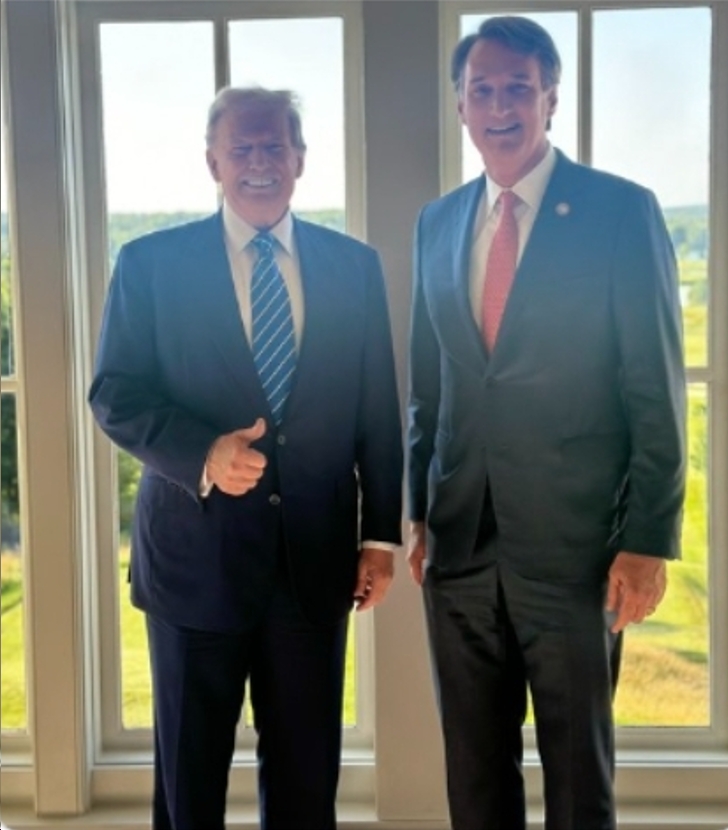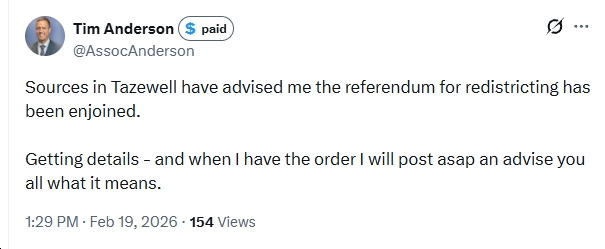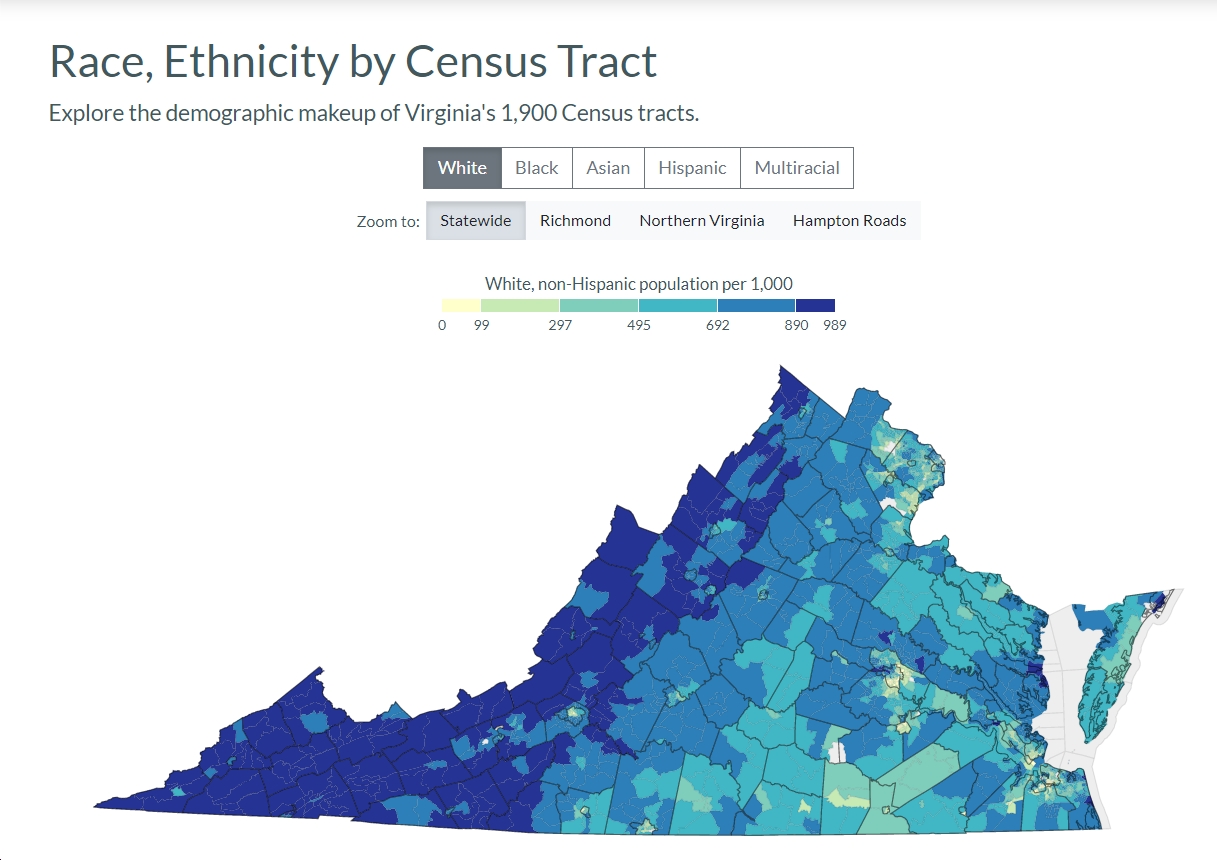by Kindler
In this busy post-redistricting election year for Virginia, some of the most exciting races are for the Fairfax County Board of Supervisors. One of the most tantalizing possibilities is that of replacing Springfield District’s thoroughly entrenched Republican Supervisor Pat Herrity with a strong, progressive Democrat. Herrity has served 16 years, following his dad Jack Herrity who also served 16 years. Talk about time for a change!
Dr. Albert Vega is a refreshing and interesting candidate for this seat [EDITOR’S NOTE: There are two Democrats – Albert Vega and John Nowadly – vying for the nomination to take on Herrity]. He is the founder and Chief Technology Officer for a genuinely innovative technical training company that has taught problem-solving skills to everyone from US soldiers to CEOs and Girl Scouts. He wants to bring that approach to county government to help solve the complex problems we face. I interviewed him to find out more:
Tell us about the background you bring to this race.
I’m a PhD electrical engineer. I spent a year in Afghanistan playing MacGyver working with U.S. Army soldiers to create solutions to some of the problems they were having on the battlefield. We just asked them what’s not going well during their deployment – and if the solutions, working in resource-deprived areas, didn’t exist, we’d actually try and make them.
Coming back to Virginia, we wanted to create a good training program that got other engineers and scientists prepared for problem-solving in a war zone. And once we had this training program that was run out of our office in Virginia we realized: why aren’t we offering this training to our service members directly? Because they can’t be waiting for engineers and scientists to just magically pop up to help us solve their problems. So we want to create better problem solvers within our armed forces and the bonus benefit from that is now they have a skill that they can take with them when they transition out of the military.
This then blossomed into how can we train STEM teachers, how can we train corporate executives, and in the downtime when we’re not using these facilities, let’s invite the community in and engage them, to give them skills and experiences that they won’t normally get an opportunity to obtain. We’ve worked with robotics teams from local high schools as well as Boy Scouts and Girl Scouts, injecting problem-solving skills nice and early.
We want to bring a very results-driven, logical process to the county that I think will influence what we do for workforce development, how we engage our community, how we have town hall meetings and end up with smart solutions. We want to bring a level of what’s called design thinking and engaging in the community so that they’re part of the solutions.
Please discuss your approach to properly regulating and directing development.
One of my big issues is affordable housing and not just because it’s the right thing to do – we want all of our county workers or first responders or teachers to be able to live and work in the same district or county. Transportation, housing, environment – I want to start bringing a lot of these issues together. I was just at a housing symposium at George Mason and some of the conversations were around how can we be smarter about development, how do we engage multiple partners, how do we encourage multiple funding buckets to create truly unique and novel solutions to some of these tough problems.
We’ve got to start really looking at things holistically. If we do smarter development, it can incorporate a transportation hub, it can incorporate workforce development, it can incorporate smart environmental solutions like solar panels and energy storage. And as we start to combine these things it becomes a whole better solution holistically, we start taking cars off the road, it’s safer and better for the environment, and so on.
How do you plan to beat Pat Herrity, one of the most entrenched politicians in Northern Virginia?
No doubt it’s going to be a challenge. I mean he’s been around for some time, he’s got name recognition, but I think one thing we need to be focusing on is how he’s really become out of sync with our country. Springfield is changing, it’s been changing over time, and we need a new voice. We just need to highlight where these shortcomings have occurred and that we need a problem solver in office.
How would you defend our schools and our teachers against all the recent attacks from the governor and other Republicans?
It all starts with fully funding our schools. We need to make sure that teachers have the resources they need to be able to do their jobs and that’s the first line of defense. I think the second line of defense is having good relationships and being supportive of them when they’re in times of need. So, I’m reaching out and connecting with our school board candidate to have a good relationship with her. As we expand those relationships between our communities, our Board of Supervisors, our schools, our school board members and our teachers, I think we’ll have their back and a better protected network.
What would you do to improve the relationship between the police and minority communities?
I think we need to we need to make sure that we’re getting the best talent in our police force and we need to make sure that, one, they’re compensated well, and two, that they’re receiving the adequate training, some of which has to be in de-escalation and some of which has to be in community growth. Because if we put people out there and they’re not connecting to the communities, it’s not effective.
We need them to be liaisons between the county enforcement and community leaders. We need to be smart about how we support them with good training and how we ask for transparency and give them transparency too. And lastly, bring the community into a lot of these decisions, because I think part of the trust that’s eroded is that they don’t see how a lot of this happens and once we bring community leaders and just average citizens into this, I think the rifts will start healing at some point.
What would you do to get more young people and minorities engaged with the Democratic Party and local government?
I think one way to engage them is to let them know that what they’re offering and what they bring to the table actually bridges to a solution. One of the things that I want to do is, again, going back to design thinking: we can bring communities together to lay out, define and assess the problems and propose solutions. Once they see that the things that they put out there are foundational parts that go towards the solution, they’ll be more connected to these solutions and we can bring people in to stay engaged.
Please tell us your ideas and plans to get the county moving on implementing energy and environmental policy.
One of the steps is taking advantage of some of this infrastructure money, understanding the amount and the flow from federal government and what mechanisms are available. Again, let’s think holistically, so if we’re doing redevelopment, let’s do energy generation, let’s do energy storage, because once we have community spots providing their own electricity and storage, you become more resilient, you become more independent.
And with the number of EV charging stations, we’re already predicting for the future how much it’s going to tax the grid – well, if you generate a lot of your energy at the endpoint, you don’t have to haul as much electricity over the transmission lines. Once people see that the things that they put out there are foundational parts that go towards the solution, they’re more connected to these solutions.
What have you been hearing from the voters while knocking doors?
Definitely, when we’re on the doors, we meet a lot of working families. We ran into a young couple, first baby on the way, dual income in what appeared to be their apartment or townhome, but they don’t know how they’re going to get into a house – it just didn’t seem within their grasp. There are a lot of concerns about the out-of-control nature of development.
We’ve run into people who want to make sure that their kids have a bright future and are well prepared for what happens after high school. And with the attacks on school board members and teachers, they want the teachers who work with their kids to be protected and safe doing their jobs.
Another issue is transportation safety, which forces us to take a look at what’s going on our roads but if you take another step back, we should be looking at the problem holistically. What can we do for education for young drivers, what can we do to get more cars off the roads, how can we look at this as a big problem and find the root causes and see how we can affect it with multiple decisions that we’re making.
Another thing that’s been really interesting is we keep knocking on some doors and they’re really surprised because nobody’s ever knocked on them before.
How will you translate your experience as a small business entrepreneur into policy?
One question I’ve been asked is: how can we empower more people through workforce development and then once they have the skills, how do we empower people to start their own businesses? I have some ideas for how we can develop good relationships with the chambers of commerce and with other small businesses.
I definitely want to make sure that our small businesses are strong with a local workforce that just helps us be stronger. A lot of people don’t even think of the option of starting their own business and workforce development training programs are trying to teach that. We need more education and more empowerment for our communities.
During the housing meeting that we had today, somebody made a statement that there are over 100,000 jobs in Fairfax available right now. So, there are a lot of opportunities, but finding the right people for each position is a challenge. In my business, we’re always on the hunt for quality labor, and the ability for people who might not have those skills to get upskilled.
The thing that I feel really passionate about is that we upskill people and while they might go somewhere else to find a job at Amazon or Microsoft or Intel or wherever, I’d love for them to stay in this county. Stay in our community to help the small businesses, the grocery stores, the construction companies, etc., and make our community that much more stronger.


















